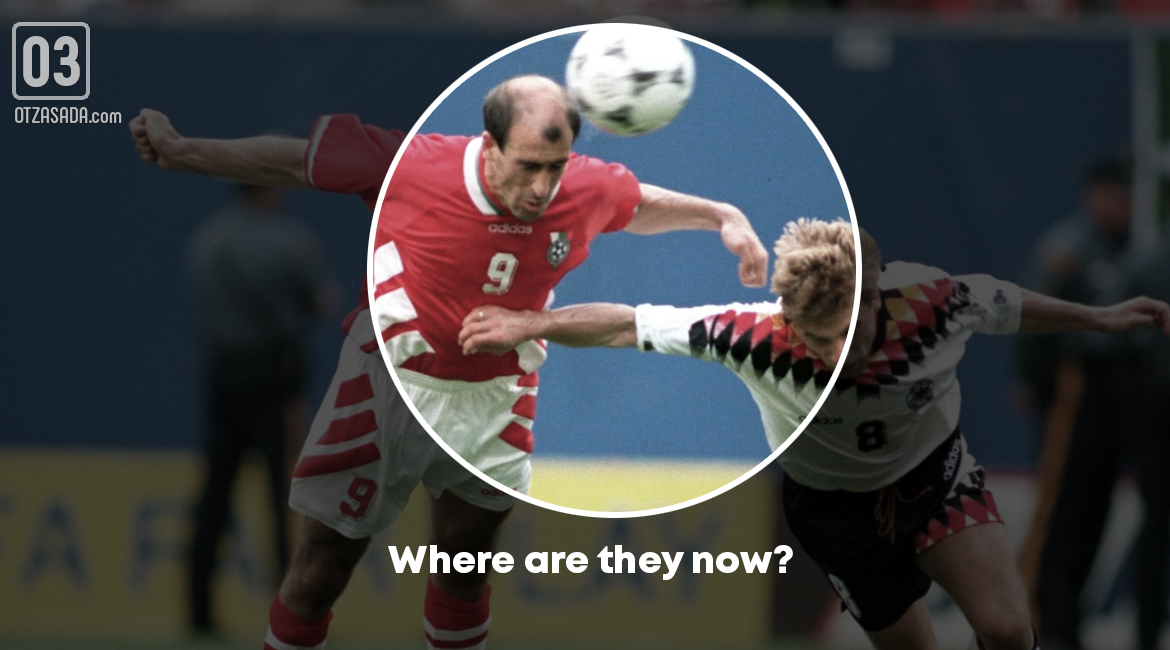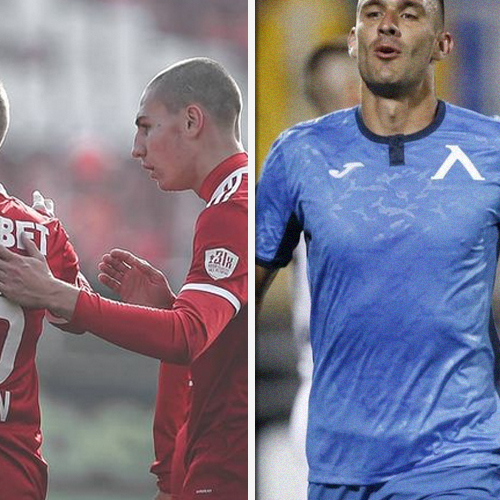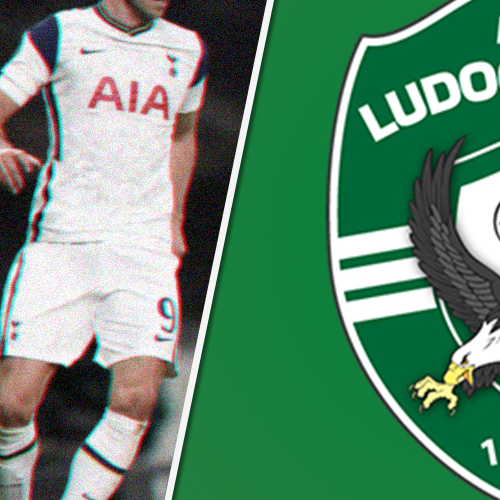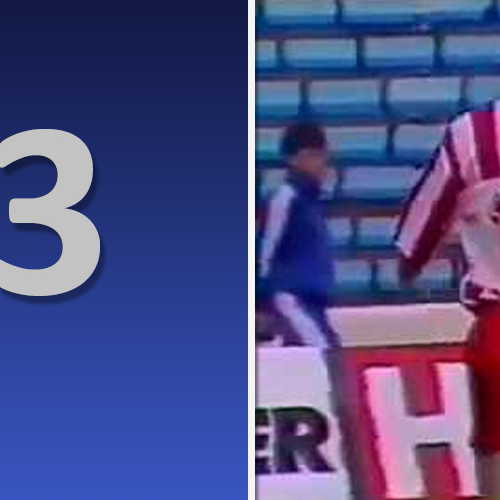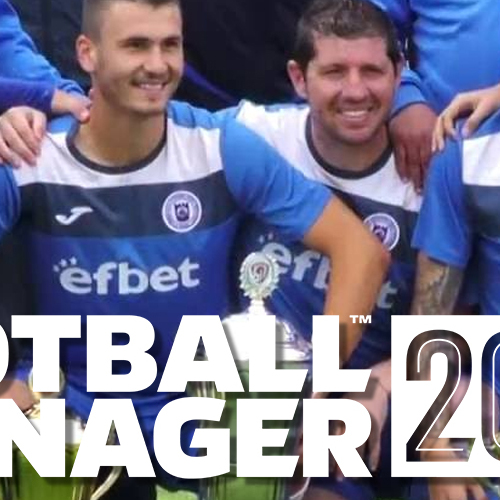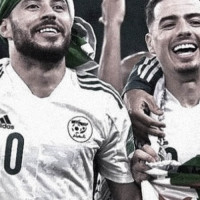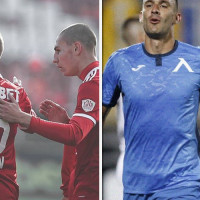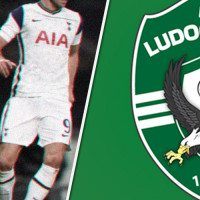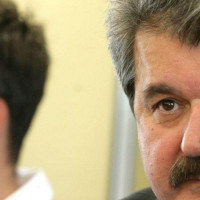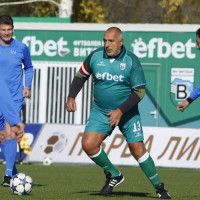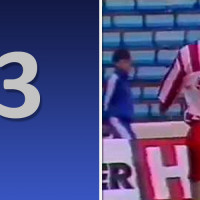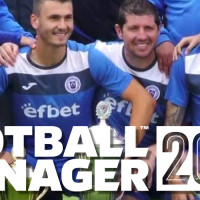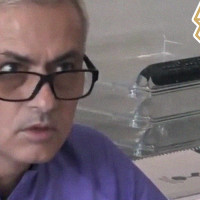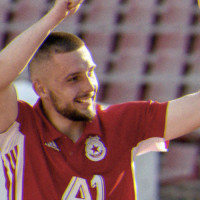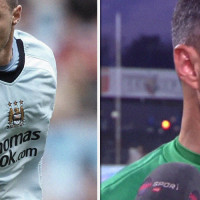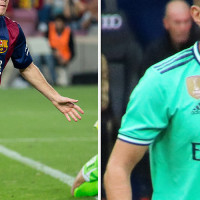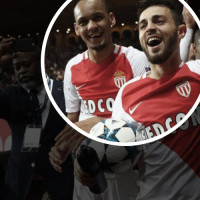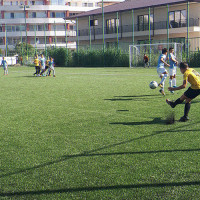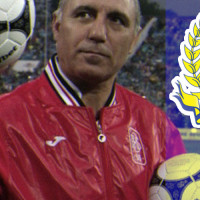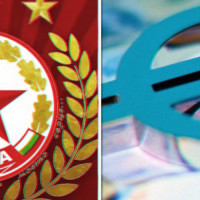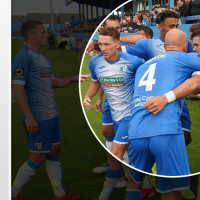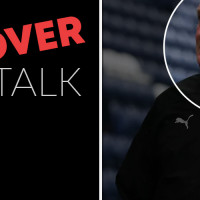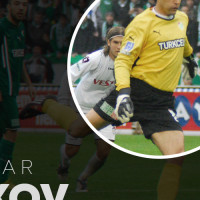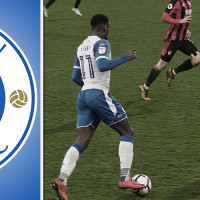If there is one event that put Bulgaria on the football map as one of the very best national teams, it is undoubtedly the 1994 World Cup which took place in the United States. Our compatriots were regarded as one of the many clubs which wouldn’t get past the group stage but, not only did they achieved that, the Bulgarian boys managed to get to the semi-finals which was lost by the slimmest of margins and if you ask most Bulgarians- with some questionable decisions. 26 years later, the lives of our ‘National football heroes’ have changed in many ways. In this piece, we will dedicate our attention to the main players who took part in the ‘Crazy American football summer’ and see what happened to them in the course of 26 years.
Goalkeeper: Borislav Mihaylov
The keeper, who was worshiped by his nation thanks to his fabulous 3 penalty saves during the shootout against Mexico in the Round of 16, managed to establish himself as one of the most hated people in Bulgarian football. After the World Cup, Borislav had a nomadic career as a player- returned to Botev (Plovdiv) from France, a season later was bought by Reading FC, once again came back to his homeland to play for a sole campaign at Slavia (Sofia) and hung up his boots in Switzerland playing 1 game for FC Zurich. He was quick to find a job in the Bulgarian Football Union (BFU) and, in 2001, became a vice-president after being part of the directors’ board for approximately 12 months. On 21st October 2005, Mihaylov was appointed president of the BFU, and, since then, everything went downhill for ‘The Wig’ as nicknamed. Lack of even decent for the European standards players, the overall poor quality of the domestic league, the national team hitting an all-time low, and Borislav himself being caught drunk several times in public are some of the reasons why Mihaylov generated so much hatred. To top it all off, the infamous match between Bulgaria and England showed the lack of care BFU has taken to penalise people racially abusing footballers as this is a trend on our stadia as badly as it sounds. This match saw Mihaylov resigning under the pressure of the prime minister and as of right now, the retired goalkeeper isn’t the centre of media’s attention.
Defender: Emil Kremenliev
The Slavia Sofia academy graduate had an intriguing career but not so glamorous like his teammates in the national team. Until 1997, Emil wore a Levski shirt before moving to the neighbouring country, Greece, to play for FC Olympiakos on loan. After his return to Bulgaria, the right back was on the move to the fierce rivals of Levski- CSKA Sofia, where he played 119 matches in 4 seasons. Kremenliev went on to switch the comfort of his motherland for a 1-year stay in Germany, being part of the Union Berlin’s squad. This season gave a start to his slow decline in form as a player which meant Emil would spend his last days as a footballer in several lower-tier Bulgarian teams such as Spartak Varna, Marek Dupnitsa, Koneliano as well as FC Kazichene. The last club mentioned gave an opportunity to the right back to start a career in football management- Kremenliev became the president of the small club until the summer of 2017. After that, Arda Kardzahli, which was on the verge of starting an exciting new project, offered Kremenliev the role of a sporting director at the club. A season later, when Arda got promoted to the second tier of Bulgarian football, the former right back was appointed head of youth development which is his current occupation as of right now.
Defender: Iliyan Kiryakov
The person who became famous for his ‘unique’ way of celebrating the won penalty shoot-out versus Mexico. After the crazy one month in America, the left back, like Borislav Mihaylov, was dillydallying in different clubs, 12 to be exact. He returned for a year to his beloved Etar Veliko Tarnovo from the Spanish Deportivo de La Coruña. What followed after that was a season-long deal to CSKA Sofia which was a stepping stone to another move abroad, this time in Cyprus though. Αnorthosis Famagusta FC was the chosen club but his stay there, as you would expect, was approximately 12 months. Kiryakov moved to Scotland and was part of the Aberdeen squad for the astonishing for his standards 76 games. The end of his period there somewhat marked the end of his prime years as he returned to Bulgaria and played for several small Bulgarian teams, some of them even non-professional ones. After the end of his career as a footballer, Iliyan became part of the Etar Veliko Tarnovo’s staff, changing a few jobs throughout the years. Currently, he is one of the scouts of ‘The Bolyars’. An interesting fact about him is that after the World Cup, like everybody else in the squad, Kiryakov got bonuses from the government but lost them in a Swiss money pyramid which offered ‘risk-free and fast money’.
Defender: Petar Hubchev
The rock-solid central defender didn’t like changing clubs so much as the above-mentioned footballers. His good performances with the national team even before the World Cup got him a transfer away from Bulgaria. The German side Hamburger SV, which was slightly past its golden years, won the race for the former Levski and Litex player’s services. However, Hubchev was usually a substitute and that didn’t satisfy his needs, so he chose to continue his career at Eintracht Frankfurt, where he retired at the end of his 6th campaign. In the following year, Hubchev was employed as an assistant manager to Willi Reimann in the same club. However, the road to managerial success wasn’t an easy one so Petar decided to take it easy and firstly, to make a name for himself in Bulgaria. In 2003, he was once again the right-hand man, but this time at the national team, alongside Plamen Markov, for 2 years. He changed several jobs as a head coach in different teams here and in Germany before taking over Beroe Stara Zagora, where he finally found his place. The Bulgarian spent 4 successful seasons with ‘Zaralii’ before being offered to be Bulgaria’s main man for 3 years. Last year, Hubchev was appointed head coach of Levski Sofia but resigned a month or so ago due to the current financial difficulties of the club.
Midfielder: Daniel Borimirov
Just like Petar Hubchev, Borimirov chose the comfort of Germany above any other footballing country. After the 1994 World Cup, the Bdin Vidin academy product decided to stay one more year at Levski Sofia before joining TSV 1860 München. There, he spent 9 years of his time, recording more than 200 appearances, and finding the back of the net on 29 occasions. Once Borimirov felt he couldn’t achieve more at the club, the Bulgarian would return to his beloved Levski and finish his career path there. In his days as a retired footballer, the Bulgarian became sporting director as well as head of youth development at Levski. One of Daniel’s problems is that he usually loses his temper quickly- spitting on the face of a referee, fighting with a dad during a children’s game, and shouting at a journalist were just a few of his incidents. Borimirov resigned from his occupations at Levski and is currently nowhere to be seen.
Midfielder: Krasimir Balakov
Another loyal player on the list. Born in Veliko Tarnovo, it was just natural for Balakov to learn the ABCs of football at Etar (Veliko Tarnovo). Long before the World Cup, Balakov secured a transfer to Sporting Lisbon where, for 4 campaigns, his name was written on the team sheet 138 times. A year later after the triumph in the United States, the attacking midfielder became one of the many Bulgarians who developed themselves as footballers in Germany. Krasimir chose to play for VfB Stuttgart, where he established himself as a club legend. The Bulgarian was selected as Stuttgart's best player of all time. In 2003, he hung up his boots but after two years had the chance to wear them for one last time. Before that, however, he was appointed assistant manager at his adored VfB Stuttgart before taking over VFC Plauen. What’s interesting about this move was that his role was one of a player-coach, so this enabled a chance for the short midfielder to take part in a football match… and he did. Balakov played 77 minutes in a NOFV-Oberliga Süd match versus 1.FC Magdeburg in which he gave 2 goalscoring passes. After the Bulgarian departed from the association club, he became some sort of a ‘journeyman’ changing clubs at every 1 or 2 seasons- he was the main man at Grasshopper, St. Gallen, Chernomorets Burgas, Hajduk Split, 1. FC Kaiserslautern, Litex Lovech, his boyhood side Etar Veliko Tarnovo and the Bulgarian national team. Currently, he is trying to build a fresh team at FC Central Sports Club of the Army 1948 Sofia.
Midfielder: Yordan Letchkov
The person, who crushed the dreams of Germany with his brilliant header in the quarter-finals, generated a lot of hate after his retirement for a number of reasons. Letchkov, who played in Germany for Hamburger SV from 1992 to 1996, earned a transfer to, back then, one of the finest European sides- Olympique de Marseille. Nevertheless, a complicated relationship with the club's management led to his departure after 1 campaign. His next club was the Turkish giant, Beşiktaş JK, but again his moody nature got the better of him. Just six months since his arrival at the club, Yordan returned late from holidays and fell into a dispute with the manager John Toshack. This was a turning point in his career for several reasons- he tried unsuccessfully to escape a fine from the club by saying that ‘is retiring’ and returned to Bulgaria without any permission. This made him ineligible to play for a football club (even the national team) for more than 3 years. What’s more, he had to pay 200 000 DM in compensation for terminating his contract without Beşiktaş’ consent. His return to the football pitch happened at CSKA Sofia for a single campaign. His last job in football as a whole was the one of a player-coach of OFC Sliven. Unlike Balakov, though, he played 21 times for the club in the second division of Bulgaria. The former versatile midfielder had different occupations- mayor of Sliven, owner of a restaurant, and interestingly enough- vice-president during Borislav Mihaylov’s reign at BFU. After the resignation of Borislav, Letchkov tried to self-proclaim himself as the current president of the Bulgarian Football Union which got him sacked almost immediately. Currently, the Bulgarian is living away from the media’s attention.
Forward: Emil Kostadinov
The short forward, who single-handedly silenced Parc des Princes with 2 dramatic late goals to send his nation to the World Cup, is living in peace as of right now. The crazy month in America started his slow but inevitable decline in form- after 4 sublime seasons in an FC Porto shirt, Emil was wandering around multiple European clubs- 6 months at Deportivo de la Coruña, a campaign and a half at Bayern München, 1 season at Fenerbahçe SK, a short spell at CSKA, an exotic stay in Mexico (Tigres UNAL) and a proper way of saying goodbye at FSV Mainz 05. He never fancied a career in football management yet tried to be as close to the beautiful game as possible. Kostadinov became a member of the BFU as his job was to control the development of the Bulgarian youth academies. After the departure of the above-mentioned Yordan Letchkov, Kostadinov took his position as an interim vice-president of the BFU. In spite of not saying it publicly, Emil is likely to be one of the candidates in the upcoming presidential elections.
Forward: Hristo Stoichkov
We left the Bulgarian genius to be the cherry on the cake. At this point, most of you probably know what kind of fabulous career ‘The Dagger’ had but it is worth recalling one more time. His sensational performances in the United States back in 1994, which saw him find the back of the net on 6 occasions, therefore, winning the Golden Boot of the tournament, as well as a successful campaign with FC Barcelona, were enough for the footballing world to admire Hristo’s quality and his award for that appreciation was the France Football’s Ballon D’or in 1994. Several years after that Stoichkov joined the Italian team Parma Calcio 1913 but was on the move once again to the Catalonian powerhouse. We have already covered his controversial activities in 1998 in which he changed 4 different clubs so be sure to check it out. After the end of his period at Kashiwa Reysol, ‘The Dagger’ returned to America but this time to play in their Major Soccer League. 2 years at Chicago Fire and 1 season at DC United marked the end of the Bulgarian’s outstanding career. It wasn’t long before the striker got into a career in management- for a sole campaign Hristo was coach of the forwards at FC Barcelona but his plans were bigger. The return to his homeland saw him being the main man at the national team for 3 years before moving back to Spain to manage RC Celta de Vigo. However, he was sacked after 180 days at the club. A few acknowledged that Hristo’s ability to play the game didn’t come in handy when he was the man in charge of a football club, but no one expected him to try his luck as a manager of the South African team Mamelodi Sundowns FC. One of his highlights as the manager of this side (and most likely the only one) was a hilarious post-match interview which revealed his inability to speak English fluently so you could imagine how successful his period there was. Stoichkov found a new destination on the map as he joined the Russian FC Rostov as an adviser. He spent a year there before coming back to Bulgaria and taking over Litex Lovech (season and a half) as well as CSKA Sofia (1 season). He didn’t find any success in his managerial career so as of right now, he is taking it easy as a pundit in the United States for a Spanish language sports channel. Interestingly enough, Hristo was the first one to take an interview from the newly appointed manager of FC Barcelona, Ronald Koeman.
